The latest recommendation from the technical group of vets advising the bovine viral diarrhoea (BVD) eradication programme is to continue systematic tissue tagging until the risk posed by retained permanently infected (PI) calves is removed.
While the overall target remains for Ireland to be free of BVD by 2020, Animal Health Ireland (AHI) chairman Mike Magan stressed to the Irish Farmers Journal that this did not mean tissue tagging would continue for another four years, and this measure remains "under constant review".
This comes as the systematic testing phase of the programme is about to enter the fifth year of what was originally planned to be a three-year effort. According to the IFA's animal health project chairman Bert Stewart, "farmers are angry and frustrated at the programme".
Stewart took part in recent meetings with the BVD implementation group and with Minister for Agriculture Michael Creed, asking for measures to speed up the eradication of the disease.
One option under discussion is to reduce the window to obtain the highest payment for the removal of a PI calf from five weeks currently to three weeks. This would encourage swifter disposal of PIs.
Stewart said he also advocated for Department computers to issue herd restrictions automatically after positive tests, instead of the lengthier manual process in use so far.
Additional control measures including restricting the sale of animals with unknown BVD status and more systematic information of neighbouring farms when a PI calf is detected could also speed up eradication, Stewart added.
He was critical of the bodies implementing the programme. "The Department have dragged their heels on this," he said, adding: "AHI didn't look at the scheme properly and farmers are paying the price - €9m/year."
Magan urged farmers to continue the programme despite the delays and argued that two thirds of the €102m estimated benefit to the industry from the eradication of BVD were already achieved.
"Everything is dependent on prompt and complete PI removal," he said.
According to last week's AHI figures, there were 124 herds retaining PI calves born this year, compared with 521 at the same time last year. Another 20 herds retained PI calves born in previous years, increasing the risk of passing on the virus from year to year.
Some 3,552 PI calves have been detected so far this year, down from 7,055 at the same time last year.




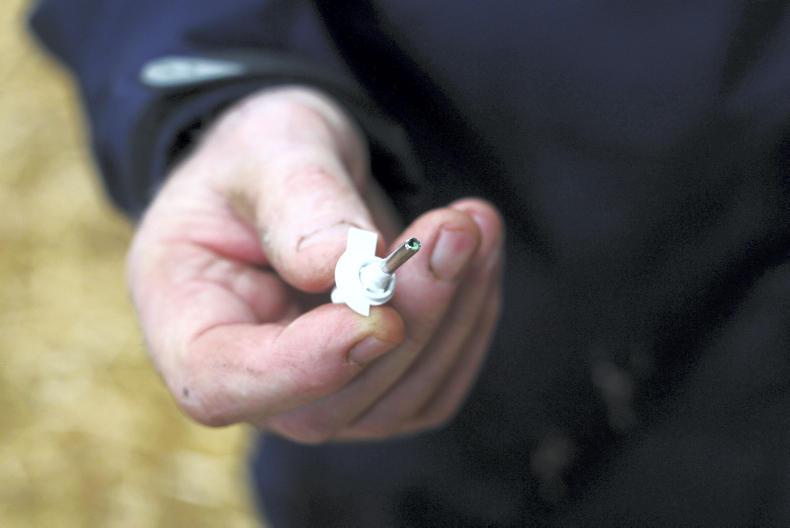
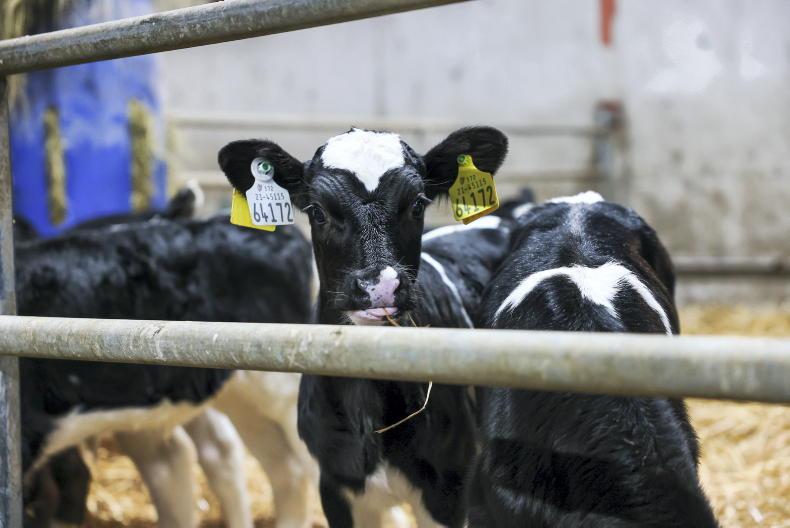

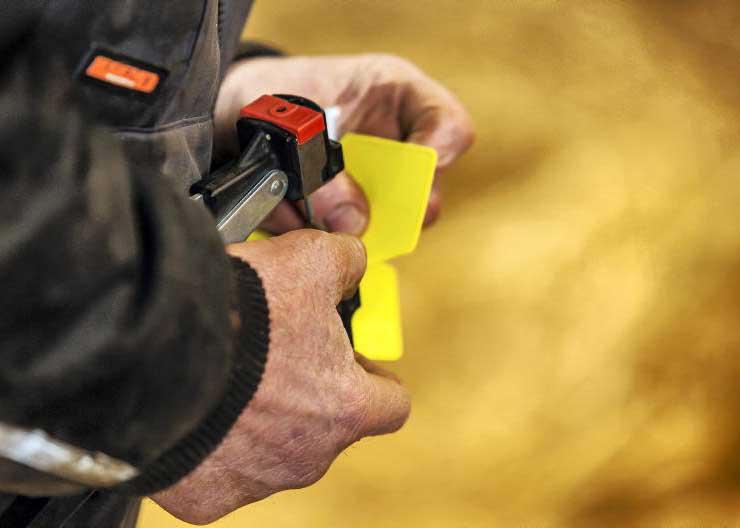
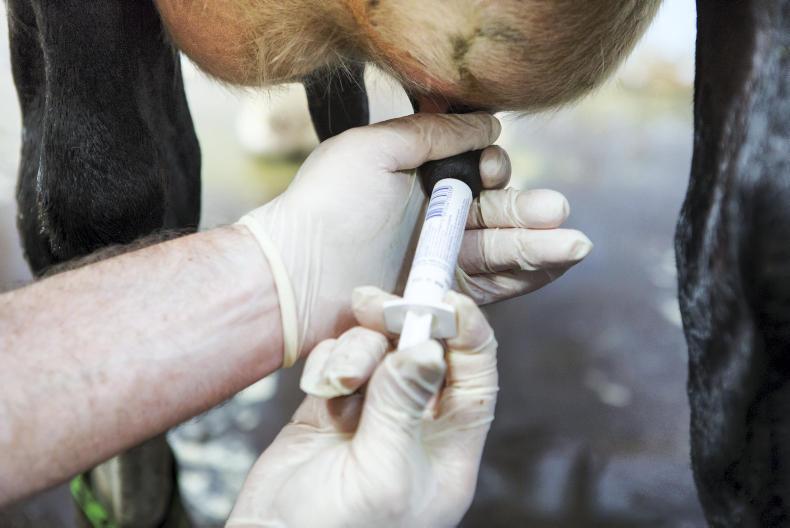
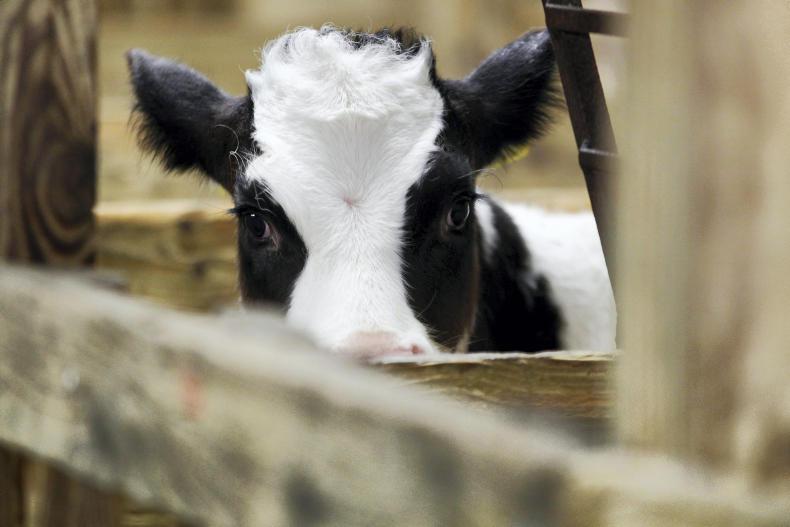
SHARING OPTIONS